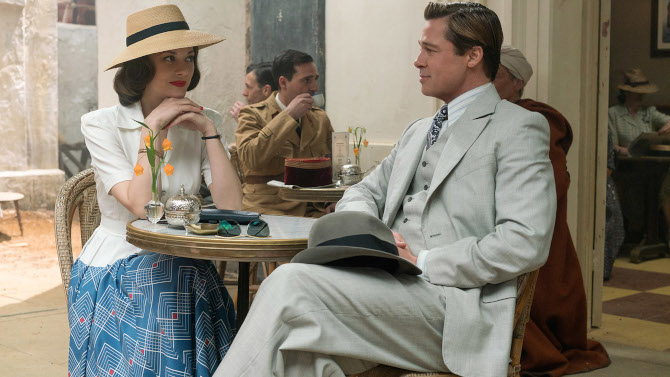
Déjà vu Dalliance
Channeling the mesmeric movies churned out by the studio system back in the 1930s and 40s, Allied (2016), directed by Robert Zemeckis, channels the likes of Morocco, Casablanca, Across the Pacific, Gilda, To Have and Have Not, and numerous others – attempting to find a spark from the classic themes of melodrama, romance, suspense and the epic nature of the annals of the cinematic past, with quite successful results. Set the year Casablanca and Across the Pacific were released – 1942, the story in fact starts in Morocco, with recently parachuted in Canadian spy Max Vatan (Brad Pitt) meeting up with another undercover agent, Marianne Beauséjour (Marion Cotillard), who will be pretending to be his wife.
-
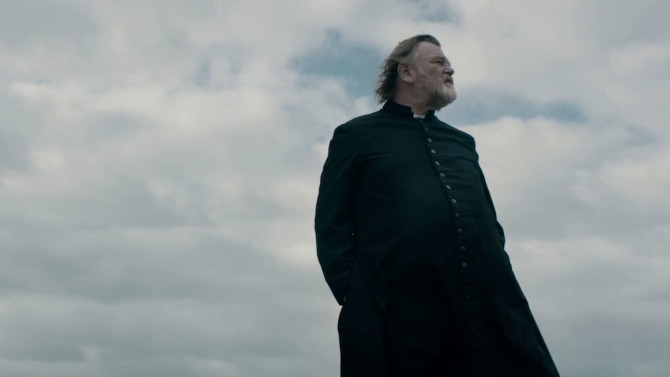
Skull Ireland
CalvaryJune 1, 2021John Michael McDonagh’s follow up to The Guard, 2014's Calvary (which he again writes and directs), is a thought provoking mystery infused drama which delves into irony, theology, predestination, and how the wounds of the past influence the present in most powerful ways. Opening with a quotation from Saint Augustine – “Do not despair; one of the thieves was saved. Do not presume; one of the thieves was damned.”, we are then introduced to our main character, Father James (Brendan Gleeson), a good man in small town Ireland. Originally married with a daughter, when his wife died, he followed a calling to the priesthood, attempting to impart his spiritual wisdom and some much needed solace to his flock.
-
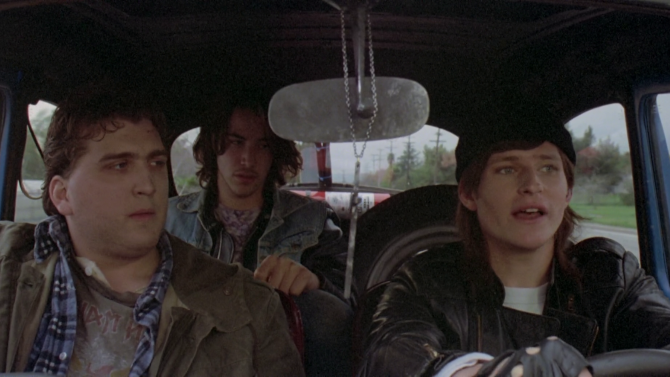
The Kids Aren’t Alright
River's EdgeMay 2, 2021“The cruelest dream, reality”. . . a lyric from The Offspring’s iconic song that shares the same title as this article, speaks volumes to today’s feature. 1986's River’s Edge, written by Neal Jimenez and directed by Tim Hunter, takes a bleak look at the lives of a group of teens growing up in northern California during the MTV generation. Arguably holding a twisted link to Stand by Me, which was released the very same year, this holds the lens to older teens. . . focusing more on the Kiefer Sutherland character’s age group rather the tweens of that feature. A dual analysis could definitely reap some benefits.
-
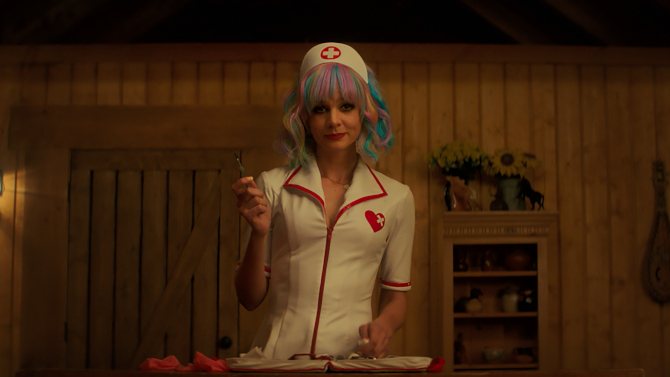
Hell Hath No Fury Like A Promising Young Woman Scorned
Promising Young WomanMarch 31, 2021Like a twisted take on the vigilante sub-genre of the 1970s (think Billy Jack or Dirty Harry), writer/director Emerald Fennell turns a lens on modern society with her 2020 film Promising Young Woman – a most thought provoking tale for our time. Following Cassandra (Carey Mulligan – an absolute powerhouse here which has earned her an Oscar nod), she is a woman in her early thirties who is stuck in time. With a tragic event from her past that has forever changed her present and future, the former medical school student now finds herself working a dead end job at a coffee shop for friend Gail (Laverne Cox).
-
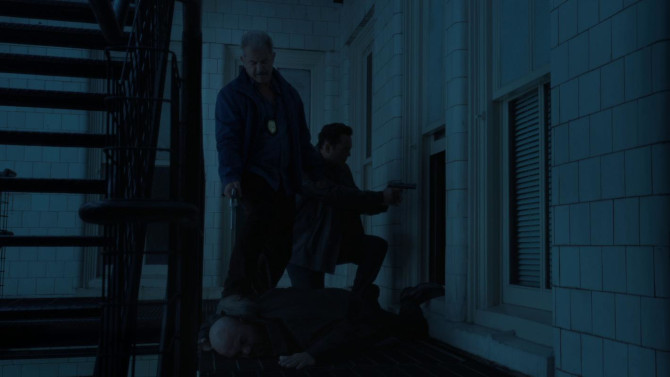
Road Rash
Dragged Across ConcreteMarch 17, 2021A tale of its time, writer/director S. Craig Zahler (Bone Tomahawk; Brawl in Cell Block 99), takes us into dangerous terrain. . . no, not some bloody wartime feature or psychotic mystery/thriller, but rather into the realm of conservative and liberal, cops and criminals, race and racism, preconceived notions, and cancel culture, with his 2018 film Dragged Across Concrete. If you’ve seen Zahler’s previous efforts, you’ll likely know what to expect – fantastic, if lengthy dialogue (with a very specific and unique rhythm), combined with shocking moments of violence. Almost written more like a novel than a screenplay, it is a fascinating study. . . but more on that later.
-
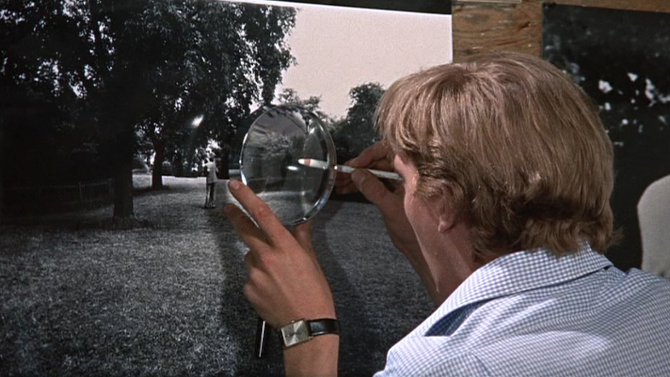
Just Out of Focus
Blow-UpFebruary 27, 2021One of the most iconic films showing off 1960s London (specifically 1966) is intriguingly written and shot by an Italian, Michelangelo Antonioni’s Blowup (which is sometimes hyphenated or has a space between the two words), an abstract vision of this most unique and swinging time. Seen through the eyes (or should I say camera – a sort of heightened reality) of famed photographer Thomas (David Hemmings), it is immediately noticeable that he is a walking juxtaposition. Both energetic and apathetic, he has more ups and downs than a roller coaster. Lacking passion or a proper plan, the story, like his unknown future aspirations, doesn’t follow a traditional plot pattern.
-
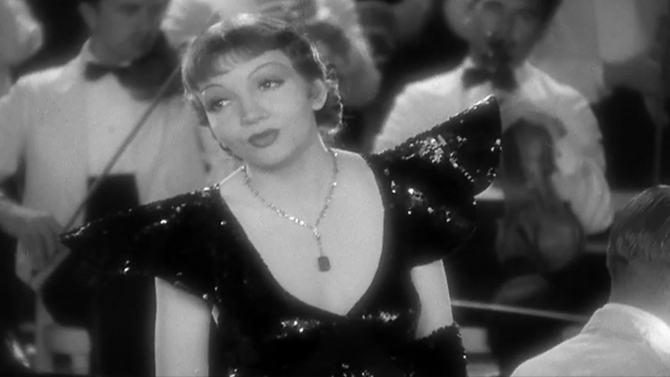
Carrying A Torch
Torch SingerFebruary 7, 2021A pre-Code movie that by today’s standards might not seem all that controversial, but would not have made it to theatres just one year later (when the Production Code started to be enforced), 1933's Torch Singer, directed by Alexander Hall and George Somnes, provides an intriguing snapshot of the time. Centred on a strong female performance (something less rare than you might expect for the 1930s) by Claudette Colbert, she plays Sally Trent, a young woman who quickly slept with her first love. . . only to find out she’s pregnant. Pause!
